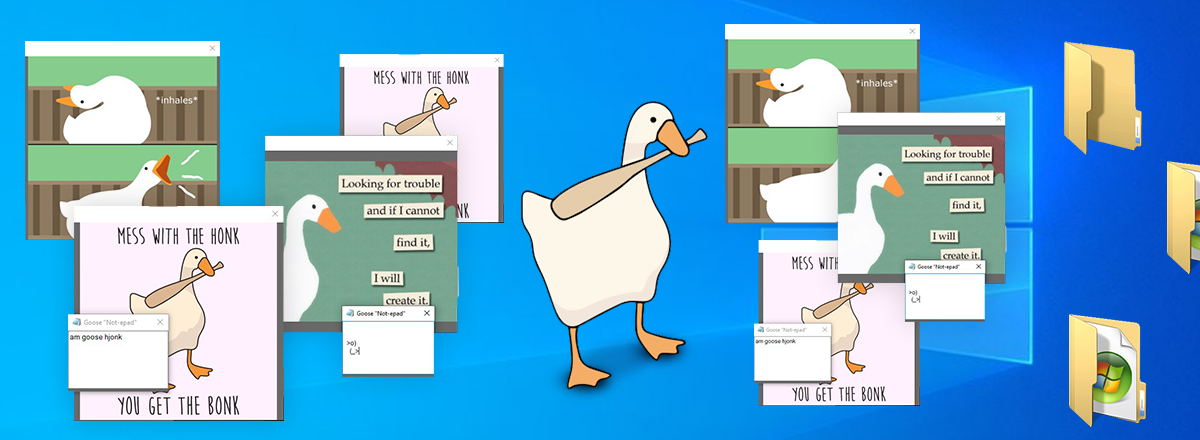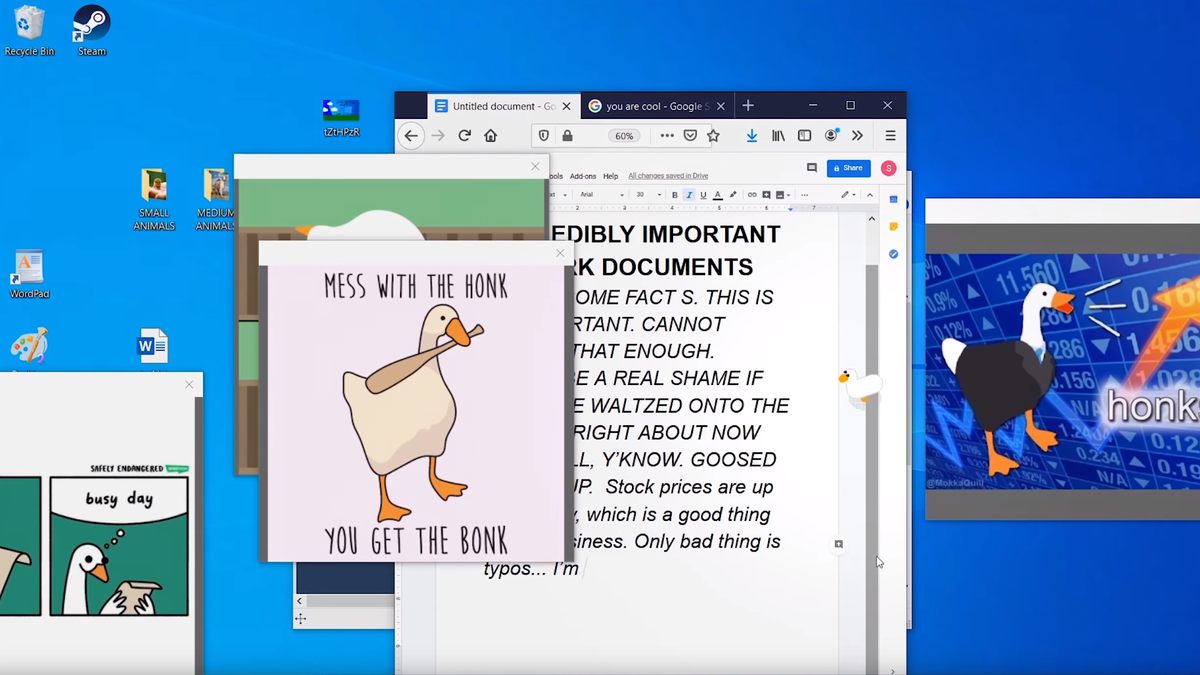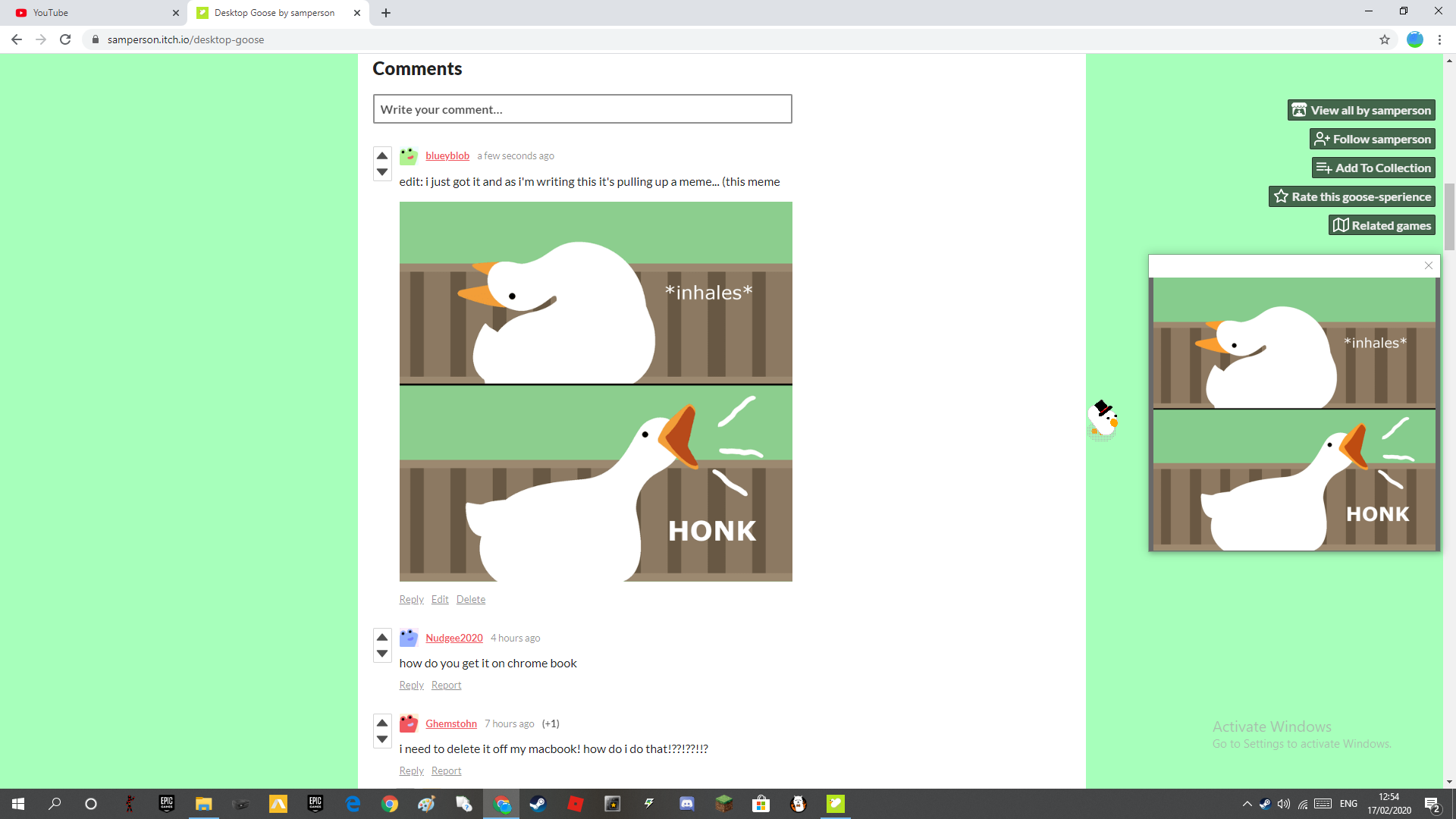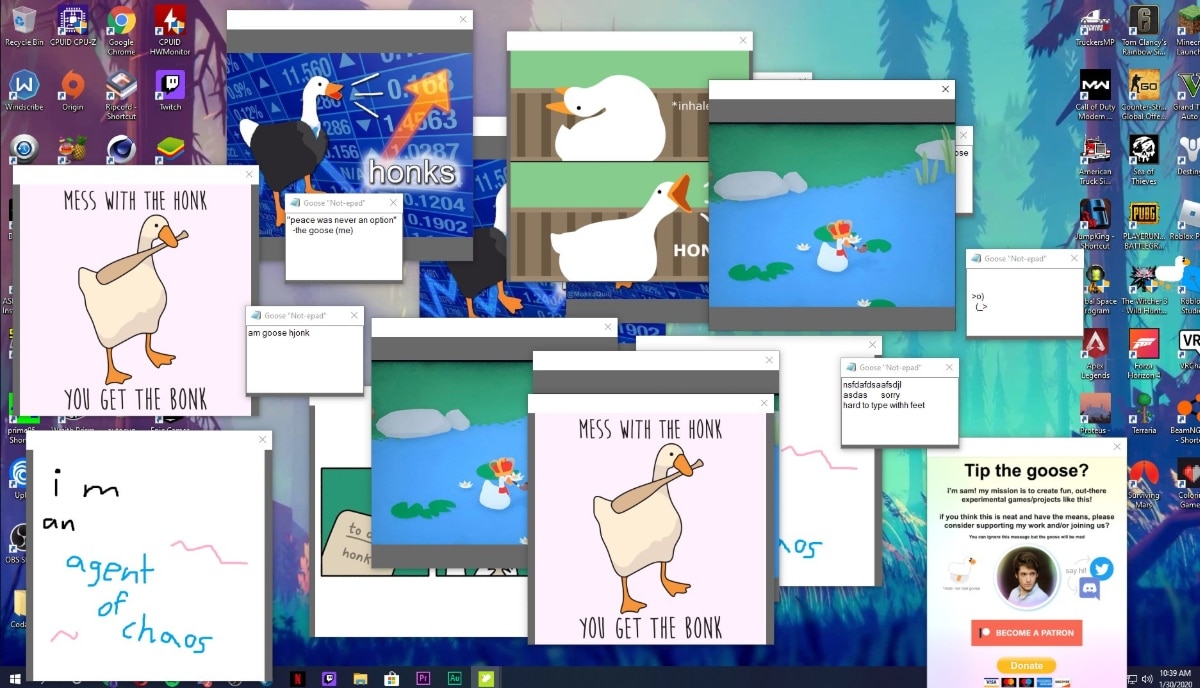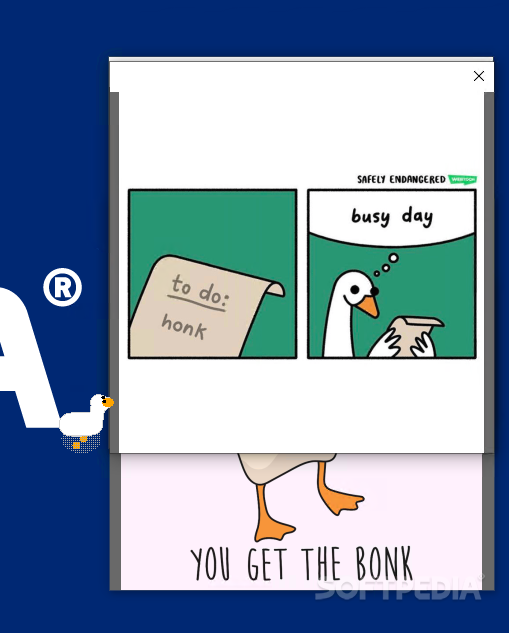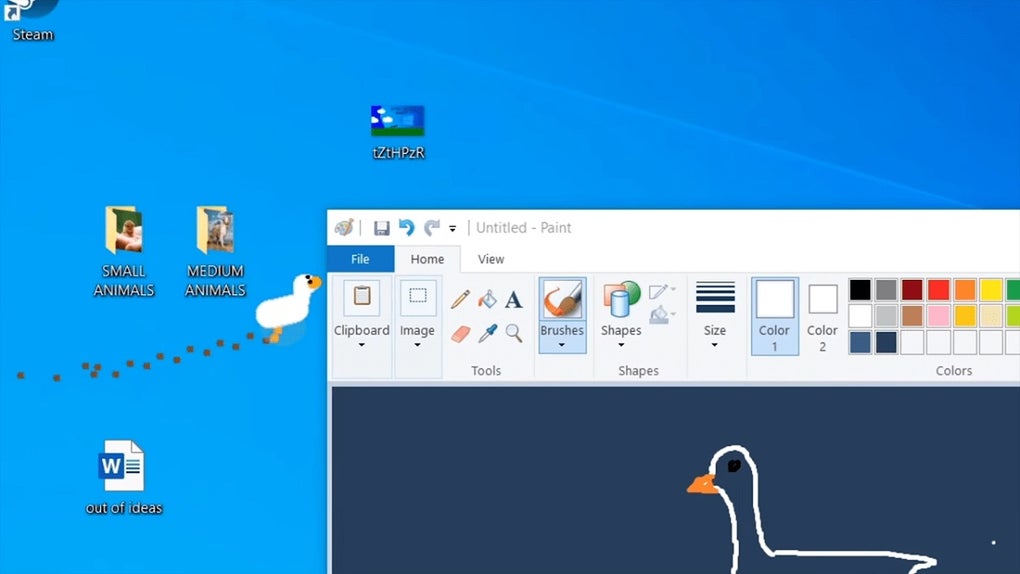How To Get Desktop Goose On Chromebook

Desktop Goose, the mischievous virtual goose that plagues your screen with memes and stolen icons, has captivated users on Windows and macOS for years. Now, Chromebook users are eager to join the fun. While not natively compatible, there are ways to get this disruptive desktop companion running on Chrome OS.
This article details the methods, highlighting their nuances and potential drawbacks, for bringing Desktop Goose to your Chromebook. Understanding these methods involves some technical knowledge, and performance may vary.
Understanding the Limitations
Chrome OS, with its focus on web-based applications and security, presents a unique challenge. Desktop Goose was originally designed for Windows and macOS, meaning it cannot directly run on a Chromebook without some form of emulation or compatibility layer.
The primary method involves utilizing Linux on Chrome OS. This essentially creates a virtualized Linux environment within your Chromebook, allowing you to run Linux-compatible software.
Enabling Linux (Beta)
Most modern Chromebooks offer a built-in Linux (Beta) feature, also known as Penguin. To enable this, navigate to Settings > Linux (Beta) and click "Turn on."
Follow the on-screen prompts to set up your Linux environment. This process may take a few minutes, as it downloads and installs the necessary components.
Once Linux is enabled, a terminal window will appear. This is your gateway to installing and running Linux applications.
Installing Wine
To run Windows applications like Desktop Goose, you'll need a compatibility layer like Wine. Wine allows Windows programs to run on other operating systems, including Linux.
In the Linux terminal, type the following command and press Enter: sudo apt update && sudo apt install wine. This command updates the package lists and installs Wine.
You may be prompted to confirm the installation. Type "Y" and press Enter.
Downloading and Running Desktop Goose
Download the Desktop Goose ZIP file from a reputable source, such as a trusted software repository. Be cautious of unofficial sources, as they may contain malware.
Extract the contents of the ZIP file to a directory within your Linux file system. You can use the file manager in Chrome OS to move the extracted folder into the "Linux files" location.
Open the Linux terminal and navigate to the directory containing the Desktop Goose executable (e.g., "GooseDesktop.exe"). You can use the cd command to change directories.
To run Desktop Goose, type wine GooseDesktop.exe and press Enter. Wine will attempt to run the Windows executable.
Troubleshooting and Considerations
Performance can vary significantly depending on your Chromebook's specifications. Lower-end Chromebooks may experience lag or instability while running Desktop Goose through Wine.
Some features of Desktop Goose may not function perfectly in the Linux environment. This is due to the inherent limitations of the compatibility layer.
If you encounter errors or crashes, try updating Wine to the latest version. You can also search online forums and communities for solutions to specific problems.
Security is paramount. Always download software from trusted sources to avoid malware. Regularly update your Chrome OS and Linux environment to patch security vulnerabilities.
The Impact on Chromebook Users
The ability to run Desktop Goose on Chromebooks provides a fun and engaging experience for users who previously couldn't access the software. It allows them to personalize their desktop environment and add a touch of humor to their daily routines.
However, it's important to remember that running Windows applications on Chrome OS requires technical knowledge and may not always be a seamless experience. Users should be prepared to troubleshoot potential issues and accept that some limitations may exist.
Ultimately, the demand for Desktop Goose on Chromebooks highlights the growing desire for greater software compatibility on Chrome OS. It underscores the importance of initiatives like Linux (Beta) in bridging the gap between different operating systems.
The rise in popularity of the Goose is a testament to the internet's love for silly things.
While not a guaranteed solution for every Chromebook user, utilizing Linux and Wine offers a viable pathway to bringing the chaos of Desktop Goose to Chrome OS. As technology evolves, more efficient and user-friendly methods may emerge, further expanding the possibilities for Chromebook users.
